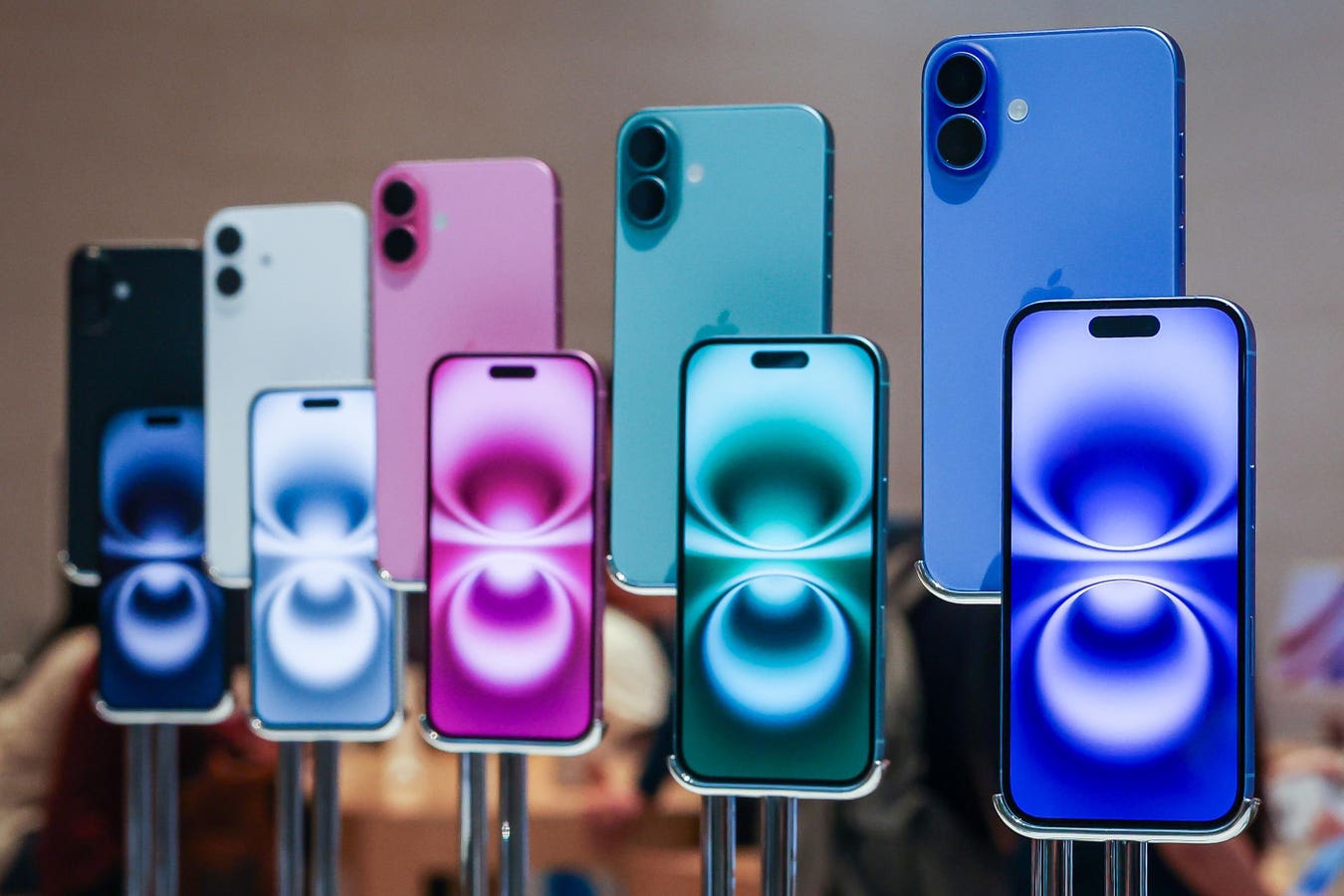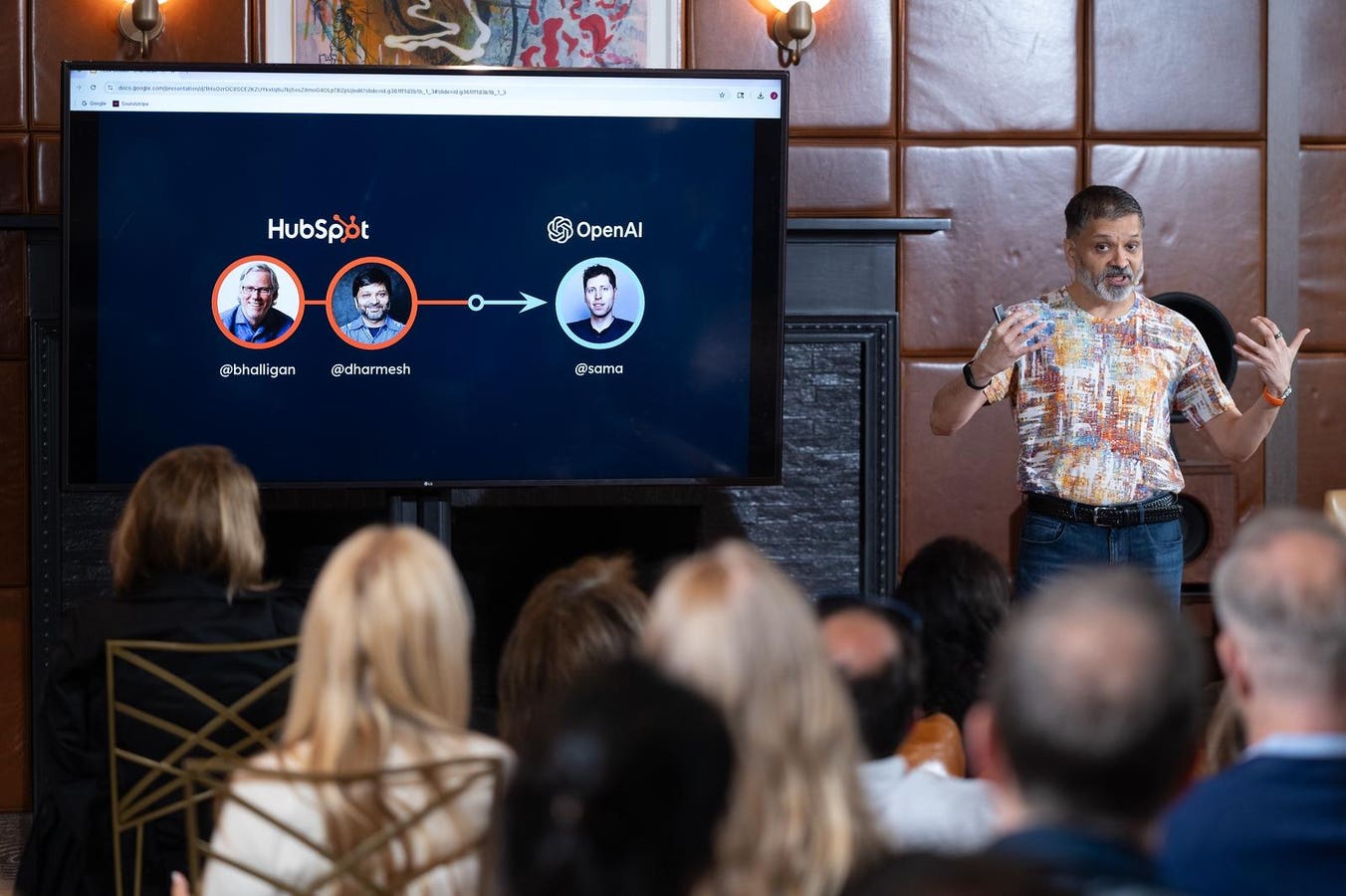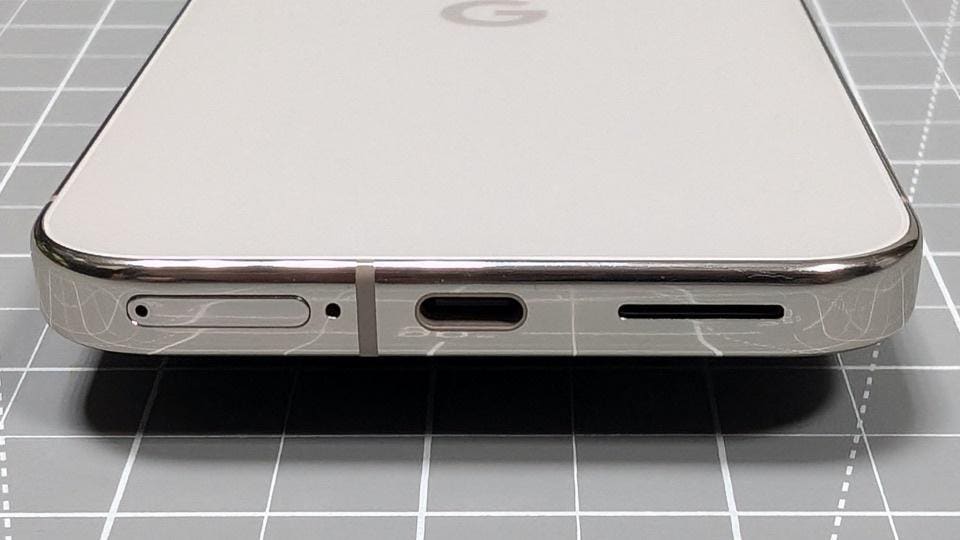An image of a loving couple, their silhouettes filled with red and black circles. (Photo by Alfred … More
Wired for instant gratification, emotional distancing and algorithm-driven dating, modern relationships often unfold in a climate of disconnection. But a quiet evolution is underway, and the men leading it aren’t just the loudest or most performative. They’re the most emotionally fluent.
Modern romantic men are disruptors by design. Backed by decades of psychological research, he challenges outdated models of masculinity through presence, attunement and emotional agility. He listens without defensiveness, connects without distraction and loves without the need for spectacle.
This man isn’t defined by grand gestures or rigid gender scripts. He is emotionally intelligent, digitally mindful and relationally aware. He adapts, attunes and leads with empathy, not ego. And in doing so, he’s not only reshaping romance but quietly raising the standard for what intimacy in 2025 can be. Here’s what research has to say:
Emotional Intelligence Is The New Masculine Currency
A growing body of research confirms that emotional intelligence (EQ)—the ability to recognize, manage, and express emotions—is no longer optional for sustaining modern love. It’s paramount.
A 2023 meta-analysis in Personality and Individual Differences found that higher EQ predicts stronger partner support, better sexual intimacy and lower conflict across long-term relationships. In simpler terms, men who understand emotional literacy can cultivate more profound, reciprocal love.
Gone are the days when stoicism equaled strength. Today’s emotionally intelligent man doesn’t shy away from vulnerability; he leans into it. He names what he’s feeling, acknowledges his partner’s emotional world and responds with attunement instead of reactivity. In short, this is about being emotionally skillful and multifaceted. In a relational economy, EQ is high-value capital.
Rethinking Romance: Small Gestures, Big Impact
Modern romance does not have built-in highlight reels. It’s rooted in the daily rhythm of intimacy, cueing small acts, tender noticing and sustained effort.
A 2024 study in the Journal of Social and Personal Relationships found that emotional responsiveness in daily interactions predicted long-term satisfaction more than physical attraction or economic stability. The science affirms what heart-forward lovers have always known: consistency builds safety. Thoughtfulness builds trust.
A man who remembers his partner’s love language and acts on it consistently, whether it’s affirming words, a gentle back touch or making their favorite tea after a hard day, creates a deeper emotional imprint than a surprise trip ever could. This is the new art of romance: presence, not simply performance.
Technology Is Not the Enemy, Distraction Is
We live in a world of infinite digital touchpoints, but intimacy often suffers in the scroll. While tools like voice memos, video dates and shared Spotify playlists can deepen connection, they can also create emotional noise.
A 2023 analysis in Computers in Human Behavior found that “technoference” (interruption of interpersonal interactions due to digital devices) directly correlates with partner resentment, reduced sexual satisfaction and increased loneliness in cohabiting couples.
The most romantic men of today know this. They don’t just silence their phones. They show up. Fully. They pause notifications, put their device away, offer eye contact and prioritize presence above all. And it goes without saying that when a lover turns off distractions to tune into their partner, it goes beyond just a courteous act. It’s full-stop erotic.
Indeed, digital mindfulness, in 2025, is foreplay.
Fighting Well: The Surprising Superpower of Romantic Resilience
Conflict is not a threat to love but an invitation to expand it. Dr. John Gottman’s research at The Gottman Institute shows that couples who embrace conflict as a pathway to understanding rather than a battleground experience greater longevity and emotional intimacy. In fact, his world-renowned “Four Horsemen” model predicts relationship dissolution with 90% accuracy based on how partners fight.
Men who enter conflict with curiosity, humility, self-awareness and a willingness to repair aren’t weak. They’re relational warriors. They know when to apologize, when to stay silent, when to say, “Tell me more.” They resist defensiveness and pursue reconnection.
Where Masculinity Is Reimagined, Vulnerability Becomes Relational Intelligence
Contemporary research challenges the outdated notion that masculinity requires emotional suppression. In fact, psychological science now affirms that vulnerability, a willingness to express internal experiences openly, is a fundamental marker of relational intelligence and psychological resilience.
Dr. Brené Brown, a leading researcher in social work and emotional well-being, defines vulnerability as “emotional risk, exposure and uncertainty.” Thus, far from being a liability, studies have suggested that this kind of emotional transparency fosters trust, deepens connection and enhances relationship satisfaction. Men who are willing to articulate their fears, disappointments and aspirations activate neural pathways associated with empathy and co-regulation, creating a sense of emotional safety in their partnerships.
This bidirectional openness generates what psychologists call mutual attunement, a dynamic where both partners feel seen, supported and psychologically safe. The result is not only greater intimacy but also improved conflict resolution, emotional resilience and long-term relational health. In this light, vulnerability is not only a trait but a strategic one, signaling adaptability, emotional maturity and secure attachment.
The emotionally intelligent man isn’t just liked or admired. He IS trusted. And in today’s relational landscape, trust is the rarest and most potent form of attraction.
Romance As A Daily Devotion
Romance should be an invitation, not simply reserved for holidays or significant moments, but a devotion: a choice made daily in how one shows up, listens, speaks, touches, communicates and stays.
Modern romance is conscious. It’s co-created. It asks men to lead not by dominating but by attuning. By healing the parts of themselves that once feared intimacy. By shedding outdated stories about what love should look like and writing new ones rooted in mutuality, safety and joy.
To the modern romantic man: you are not behind. You are on time. And the way you love deeply, bravely and intentionally might be the future of healthy conscious love itself.







